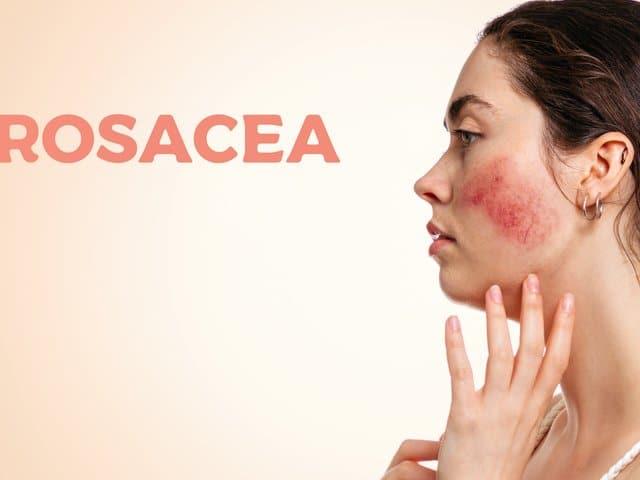Rosy cheeks might be the first thing that comes to mind when you think of rosacea, but this skin condition has a much broader range of symptoms and can be categorized into four types. Different kinds of rosacea also tend to respond best to different treatments. At Florida Westcoast Skin and Cancer Center, board-certified dermatologist Dr. Michael Scannon has treated countless patients with all types of rosacea. Here’s what you need to know about the differences.
How Do I Know What Type of Rosacea I Have?
Rosacea is an inflammatory condition that presents in several different ways. The four main types of rosacea are:
- Type one: Erythematotelangiectatic rosacea (ETR), also known as vascular rosacea, is associated with classic facial redness, visible capillaries, and flushing.
- Type two: Papulopustular rosacea, also called inflammatory rosacea and acne rosacea, causes facial redness, pustules, and papules. This type is often confused for acne vulgaris and usually affects middle-aged women.
- Type three: Rhinophyma is a rarer form of rosacea characterized by skin thickening on the nose. This type usually affects men.
- Type four: Ocular rosacea causes inflammation of the eyes and eyelids (known as blepharitis). This can cause burning, stinging, itching, bloodshot eyes, and light sensitivity.
Many patients have more than one type of rosacea. An experienced dermatologist like Dr. Scannon can correctly diagnose the kind you have and create an appropriate treatment plan.
What Can a Dermatologist Do for Rosacea?
After diagnosing your rosacea, our dermatologist may prescribe creams or gels like brimonidine, azelaic acid, ivermectin, or metronidazole. These medications reduce pustules and minimize skin redness associated with papulopustular and vascular rosacea. If prescription topicals aren’t effective, the oral antibiotic doxycycline could help. Laser and light therapy can also treat broken capillaries and flushing.
Rhinophyma is usually responsive to ablative laser treatments that decrease the amount of skin thickening. Ocular rosacea responds better to artificial tears, steroid eye drops, and antibiotic pills. Dr. Scannon can determine which treatment is right for your symptoms.
Book Your Rosacea Treatment in Tampa or Dade City
If you’re ready to say goodbye to redness, inflammation, bumps, or bloodshot eyes, call 813-877-4811 to book your rosacea treatment with a board-certified dermatologist at Florida Westcoast Skin and Cancer Center. The practice has two convenient locations in Tampa, Florida, and Dade City, Florida.

